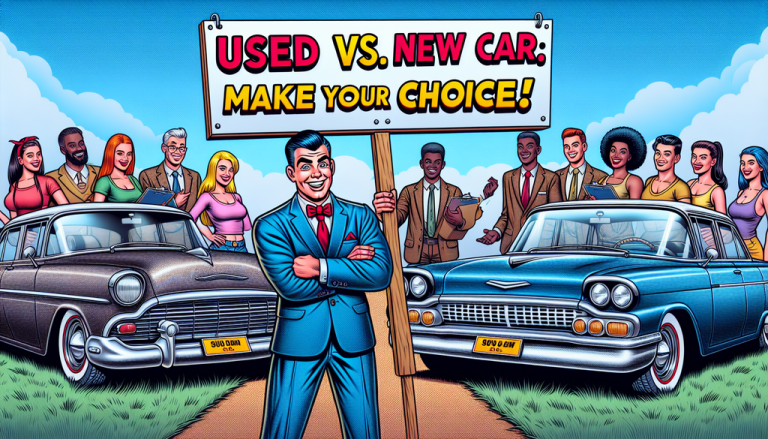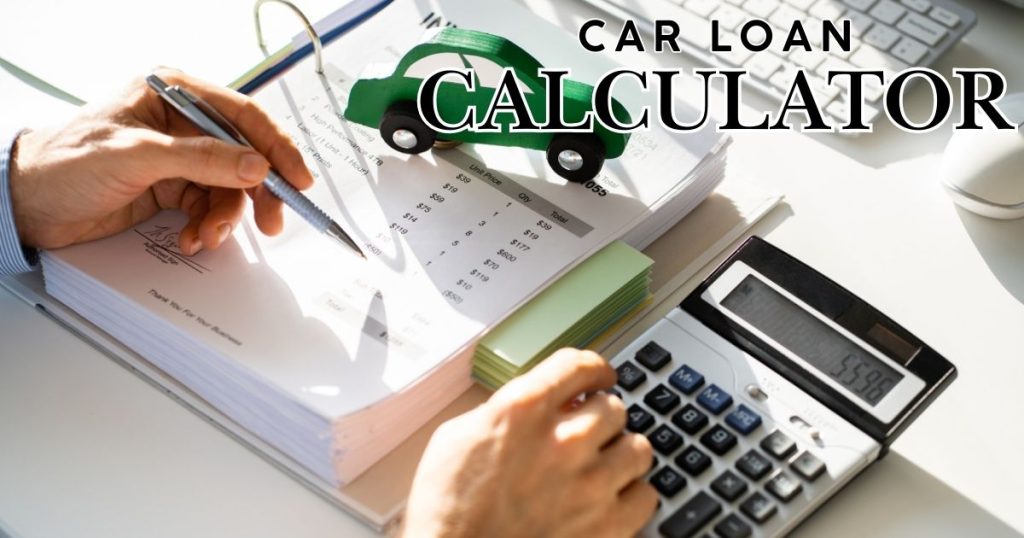Choosing between a used and new car feels like navigating a financial maze. Every decision carries weight, potentially impacting your budget, reliability, and long-term satisfaction.
Used vs. New Car: A Practical Breakdown
| Factor | Used Car | New Car |
|---|---|---|
| Initial Cost | Lower | Higher |
| Depreciation | Slower | Rapid |
| Warranty | Limited/None | Comprehensive |
| Technology | Older Features | Latest Tech |
Hidden Financial Insights
According to Kelley Blue Book, the average new car depreciates by 20% in the first year. Used cars sidestep this initial value drop, offering smarter financial breathing room.
Key Financial Calculations
- Average new car price: $48,182 (2022 data)
- Average used car price: $28,935
- Potential savings: Around $19,247
Your Personal Car-Buying Checklist
- Assess your monthly budget
- Evaluate long-term maintenance costs
- Consider your driving habits
- Research reliability ratings
- Get multiple insurance quotes
Beyond the Numbers: Emotional Considerations
Cars aren’t just transportation—they’re extensions of our personality. A new car might spark joy and confidence, while a well-maintained used car can offer a sense of smart resourcefulness.
Pro Tips for Smart Car Shopping
- Always get a comprehensive vehicle history report
- Have a trusted mechanic inspect used vehicles
- Compare total ownership costs, not just sticker price
- Negotiate based on market value, not emotion
Your perfect car isn’t about new or used—it’s about matching your lifestyle, budget, and personal goals. Take your time, do thorough research, and trust your instincts.



